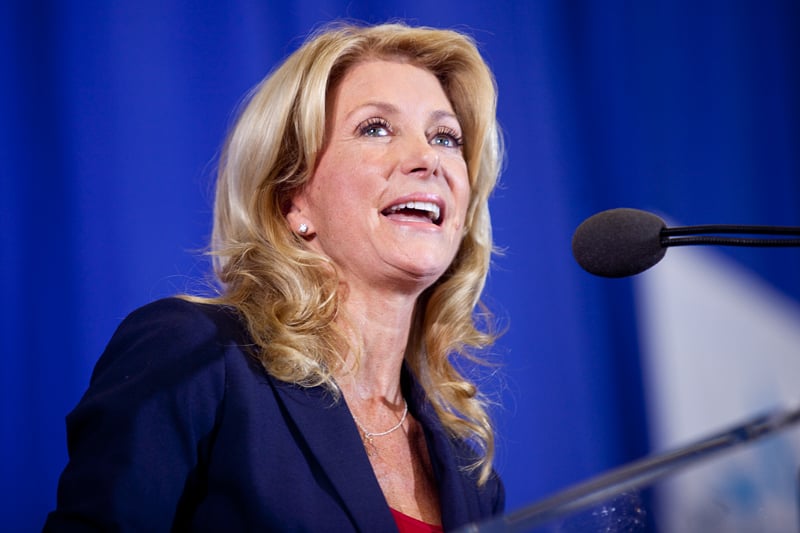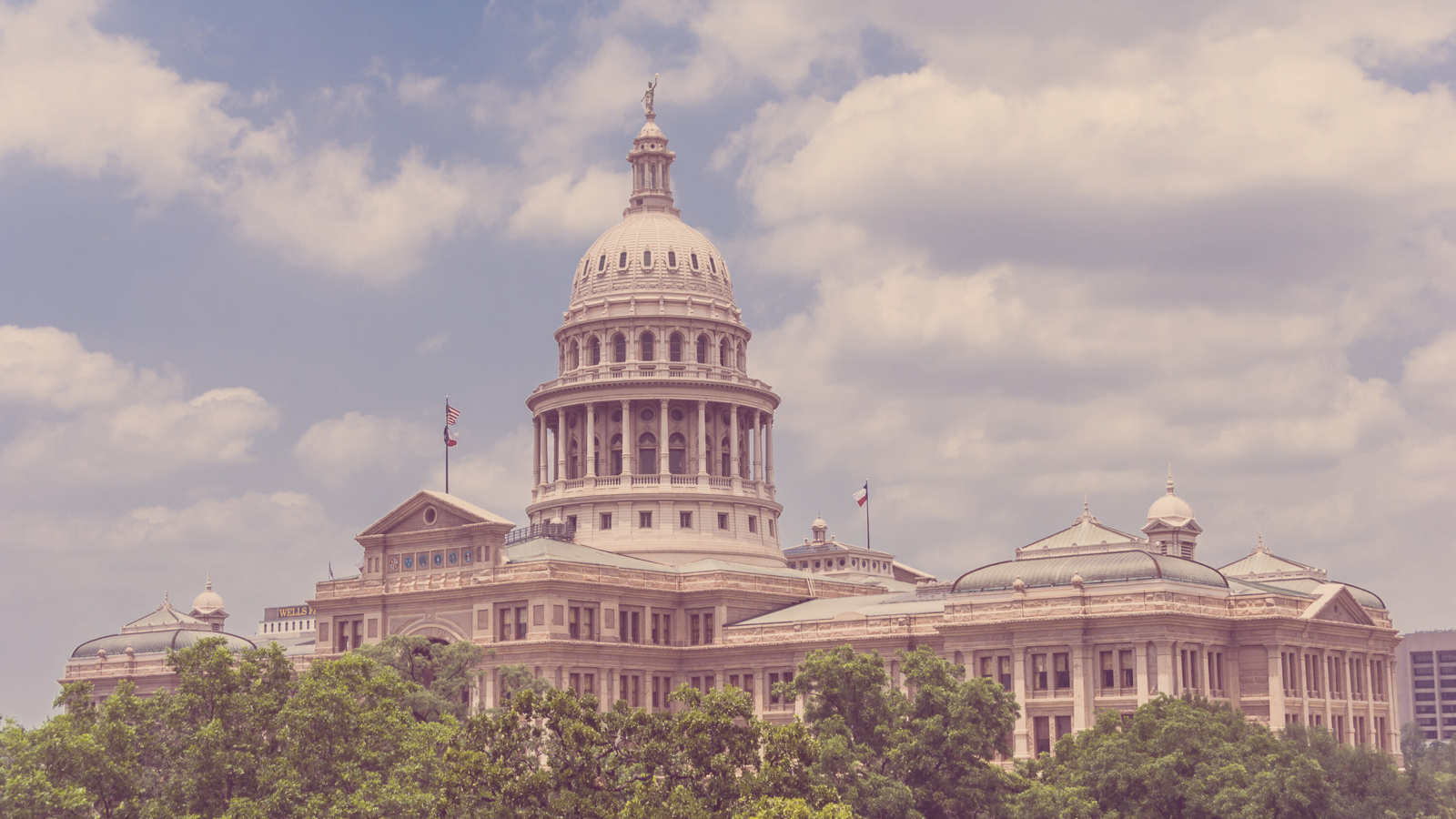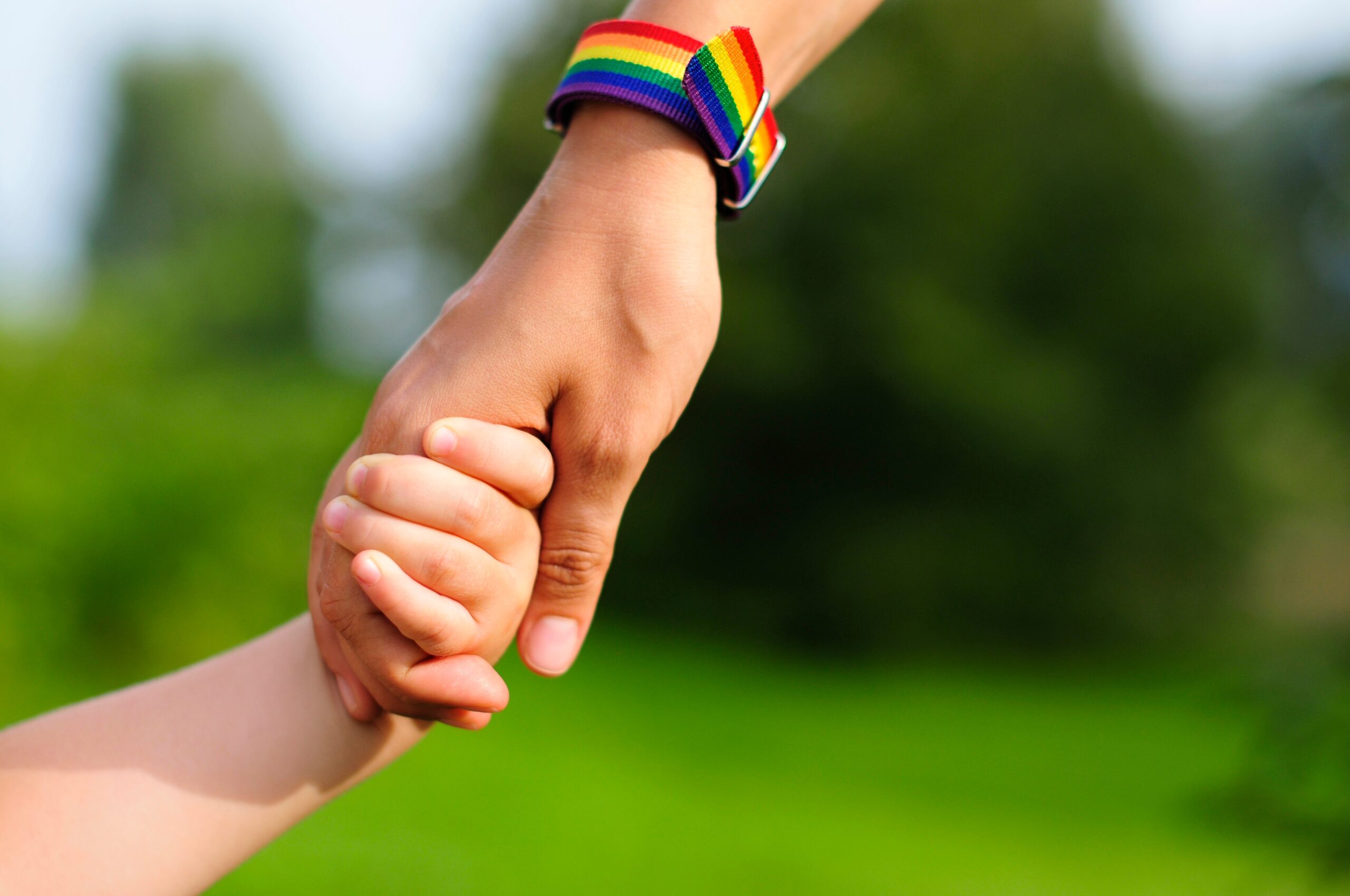
Wendy Davis Takes Pride in LGBT Support

Above: Wendy Davis
Much has been written about the importance of groups like suburban women and Hispanics in the 2014 Texas governor’s race.
But Democrat Wendy Davis said this week in her first interview of the campaign focused on LGBT issues that another, less-talked-about demographic—LGBT voters—could also be critical to her chances of upsetting Republican Greg Abbott in November.
“It’s been tremendously important, and it will continue to be,” Davis said of the LGBT community. “I’ve received some widespread support both through volunteer hours and through donations to the campaign, and what I see on the ground as I’m traveling around the state is an excitement and enthusiasm for this race by members of the LGBT community in a way that probably hasn’t presented itself for a long time. I think they understand and see that they have someone who’s a champion for them, and I’m really proud and feel privileged to have that support.”
Although LGBT donors and voters could be key to Davis’ chances, she stressed that her pro-equality positions aren’t politically motivated and pointed to her long record of support for the community. Davis bristled at the suggestion that she didn’t come out publicly in support of same-sex marriage until earlier this year.
“First of all, that’s not true,” Davis said. “In my Senate race in 2012, I was asked this question very directly, and I answered it very directly. But second of all, my long history of working on issues that are supportive of the LGBT community is very strong, and I think it speaks for itself.”
(The Observer was unable to find any record of Davis’ 2012 statement in support of marriage equality, and we’ve asked her campaign for clarification.)
Pressed for more information later on her 2012 statement, the Davis campaign pointed to a debate at TCU on October 18, 2012. Asked if she thought it was time for Texas to allow same-sex couples to get married, she said, “I’m hopeful that one day, Texas will come to a place where it allows the recognition of that union in the same way that it does others.” (The full transcript is posted below.)
Davis said although her gubernatorial campaign has focused primarily on issues like education that affect everyone, she’ll continue to speak out in support of LGBT rights—whether or not pro-equality stances are politically advantageous in a statewide race in Texas.
“I think Texas, just as the rest of the country, has evolved on this issue, but I want to be very clear that this is my position and perspective, and whether Texas has caught up to believing that’s a favorable position to have or not, I’m proud to hold it,” Davis said.
Even if Davis wins, it’s questionable whether she could accomplish much legislatively for the LGBT community in a Republican-controlled statehouse. But she said her voice would be important in setting the tone on LGBT issues in next year’s biennial session.
“Leadership and vision are a terribly important part of what it means to sit in the governor’s office in this state,” Davis said. “I certainly as a legislator have experienced what it’s like to see our current governor set the tone for what our work will look like, and I think that setting a tone of inclusion and respect on this issue, as well as many others that have been absent in our conversation in the state, is very important.”
Of course, Davis would also be in a position to veto any anti-LGBT legislation, and she said she could help halt the state’s legal defense of Texas’ same-sex marriage ban, which has been led by Abbott.
“As we saw happen in a couple other states recently, when the courts have favorable decisions in that regard, their attorneys general first decided they would not oppose that, unlike our attorney general, and then secondly the governors also very proudly stepped in and allowed those decisions to stand,” Davis said. “That I think is going to be something that will likely face the person who is elected in November.”
Asked whether she would, as governor, issue an executive order protecting state government employees against anti-LGBT job discrimination, Davis said she was unsure of the legal ramifications. The executive branch is diffuse in Texas, and experts say such an order likely would apply only to employees who are directly under the governor’s supervision.
“If indeed the power exists or rests with the governor to do that, I would most certainly and proudly sponsor that, sign that,” Davis said.
She pointed to her support, as a Fort Worth City Council member, for an ordinance banning anti-gay discrimination in Cowtown in 2000. In addition to issuing a statement in support of LGBT Pride Month earlier this week, Davis recently spoke out in favor of an anti-discrimination ordinance that passed in Houston last month.
“I would certainly like for folks to know that when I was on the City Council in Fort Worth, I helped to lead the way to pass the first anti-discrimination city ordinance, and it was one that was used as a model by other cities around the state, and I’ve been very outspoken about the fact that I believe every city in Texas ought to have an ordinance that creates those same protections,” she said.
As a Fort Worth councilwoman, Davis went on to appoint Joel Burns to the city’s zoning commission. Burns, who eventually succeeded Davis on the council, has become a national gay figure thanks to his “It Gets Better” speech in 2010. In 2011, as a state senator, Davis authored an unsuccessful bill to ban anti-LGBT bullying in Texas public schools.
Davis said her support for the LGBT community began at a young age thanks to her late father, Jerry Russell, who was the founder of the Stage West Theatre in Fort Worth.
“I grew up with many friends who were LGBT,” Davis said. “My father was always in theater from the time I was a young girl, and I have so many dear, loved, well cherished friends who are in the LGBT community, and I’ve always been of the mind of course that everyone should be treated equally under the law, whether it’s in housing or employment, whether it’s in the ability to choose to marry the person that you love, and I’m proud of the record as a public servant that I have on this issue.”
**
Here is the entirety of the debate transcript provided by the Davis campaign.
QUESTION: Dr. Shelton, do you agree with your party’s platform that gays and lesbians contribute to the breakdown of the family unit? How do relationships between same-sex partners materially threaten your family unit or mine?
MARK SHELTON: You know, in Texas we have the marriage amendment to the Texas Constitution that states that marriage is between one man and one woman. I support that. [APPLAUSE, JEERS] And I think marriage and a family like ours – we’ve been married for 30 years and have four children – this is the building block of society. We need to support that and we need to make sure that that is honored. And if others have different ideas, that’s fine, but let’s reserve marriage for one man and one woman.
QUESTION: Sen. Davis, your party’s platform calls for the repeal of Texas’ marriage amendment. Do you agree that the time has come for this change even though it is still opposed by a majority of Texans?
WENDY DAVIS: Well, the majority of Texans will make that decision because constitutionally they are required to be the decision-makers on that. Having said that, do I think that there’s some terrible destruction that occurs by virtue of families that are same-sex couples? Absolutely not. Some of my very dearest and closest friends have some of the most wonderful families, admirable families that I’ve ever had the opportunity to know and observe, and I’m hopeful that one day, Texas will come to a place where it allows the recognition of that union in the same way that it does others.
[APPLAUSE]


